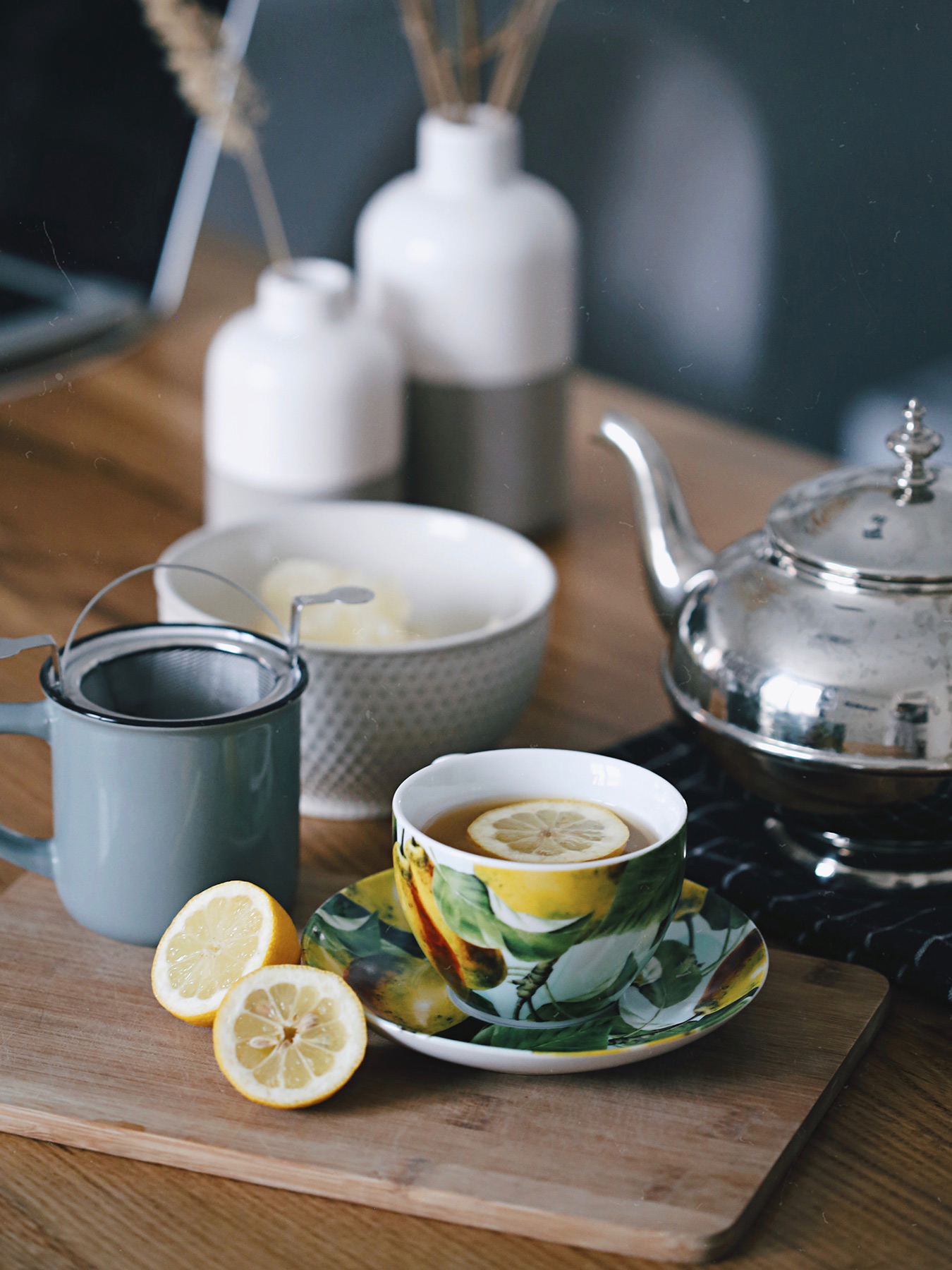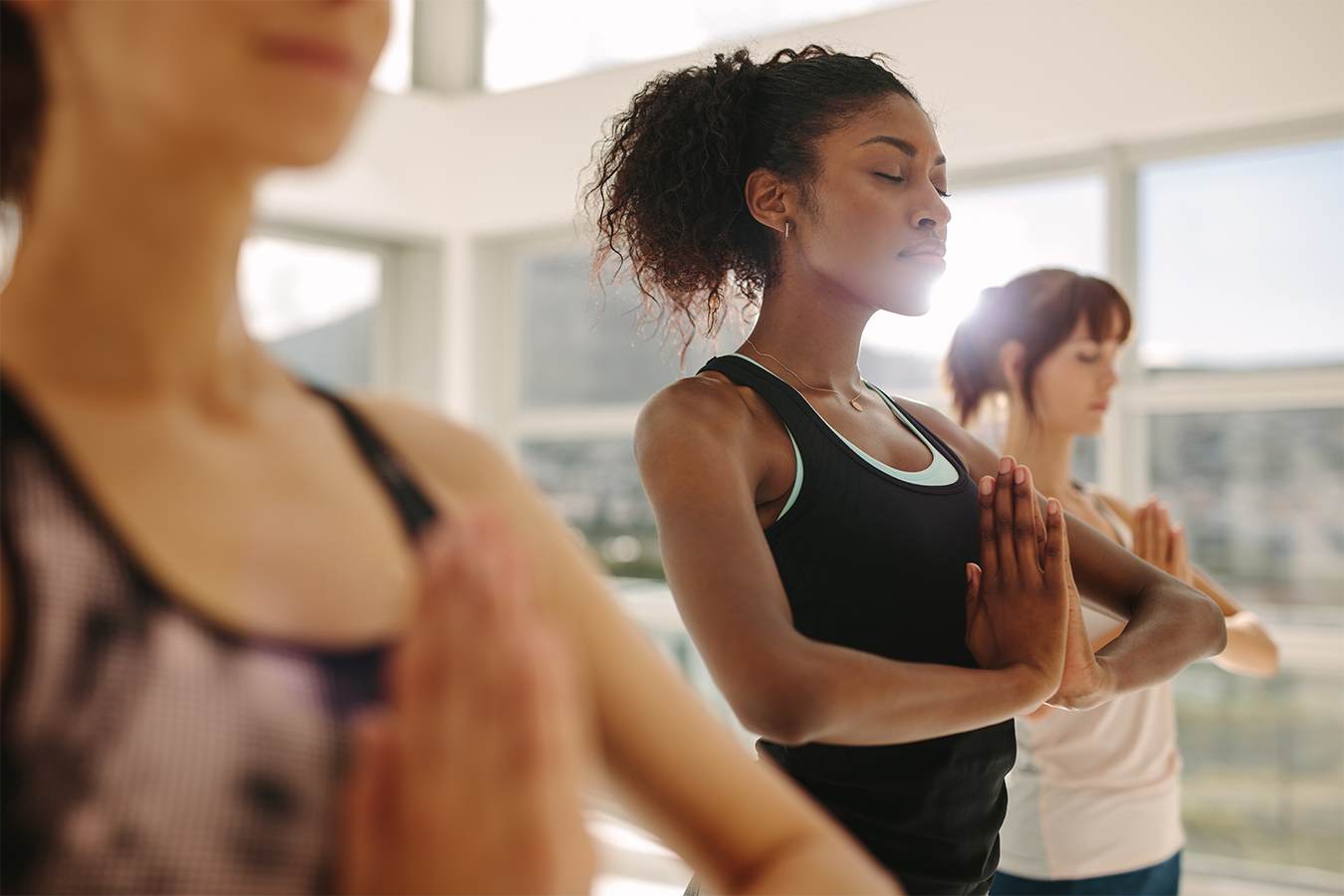In the UK, it’s commonly believed that a cup of tea can solve anything. Whether it’s a bad day at work, a break-up, or worse, sympathetic friends and family will rush to ‘put the kettle on.’ This love of tea may be a British quirk, or perhaps they’re on to something. In addition to the classics English Breakfast and Earl Grey, there are hundreds of other teas out there, many with potential powers like soothing indigestion to fighting off a cold. No wonder then that tea salons are trending as part of wellness lifestyles, even in the USA. So if you’re visiting a tea room or picking up a box in Whole Foods, here’s an overview of the possible health benefits of tea!
First, a quick note on different types of tea. ‘True teas’ all come from the Camellia sinensis plant, a shrub native to China and India. The amount of time the leaves are processed determines whether you end up with a green, black, white or oolong tea. All of these true teas contain antioxidants called flavonoids, and although the evidence isn’t clear cut, some of it suggests that tea may prevent heart disease, clogged arteries, and cancer. The more processed the tea leaves are, the lower the antioxidant content; so oolong and black teas have lower concentrations of flavonoids than green or white teas but are still pretty powerful.
Herbal teas, like peppermint, rooibos, or chamomile, are made from steeping spices, herbs, flowers, or roots in hot water. Since they’re not made from the Camellia sinensis plant, herbal infusions are not technically teas at all. But there are lots of herbal tea benefits too! For example, unlike black or green tea, herbal brews don’t contain any caffeine, so are perfect for people trying to reduce their caffeine intake or who are having trouble sleeping. While some, like rooibos, still contain antioxidants, as well as vitamins and minerals.
Now you know more about different types of tea, find out which one is for you!
If you have a stomachache… drink peppermint tea
Next time you eat too much, make yourself a cup of peppermint tea! Peppermint has been shown to relax stomach muscles, aid digestion, and reduce stomach pains and excess gas. That said, if you have reflux issues or heartburn, peppermint may actually aggravate the problem so it’s best to stick to a different type of tea.
If you feel a cold coming on… drink ginger tea
The warm, spicy properties of the ginger root have been used for centuries to relieve a sore throat and loosen up congestion. You can even make your own by infusing hot water with grated fresh ginger (plus lemon for vitamin C and honey to soothe and sweeten) in a teapot. Some people also drink ginger tea to ease motion or morning sickness.
If you’re having trouble sleeping… drink valerian tea
The valerian root is known for its ability to relax the body and induce sleep. So a comforting cup of valerian tea (or blends that lists valerian root among the ingredients, often called ‘sleepy teas’) an hour before bedtime might help you nod off faster than before! Since it has a mild sedative effect, valerian tea may also calm nerves and anxiety.
If you’re feeling stressed… drink chamomile tea
On the subject of stress, chamomile tea is said to encourage a natural sense of calm. Made from the dried daisy-like chamomile flower, it’s often recommended for reducing anxiety and depression. Chamomile tea has a light, floral, and slightly sweet taste that is naturally soothing. It’s also another good bedtime brew – even Peter Rabbit had a cup after a long day!
If you need a boost… drink green tea
Unlike herbal teas, green tea contains caffeine, but only about a third of that found in a cup of coffee. So if you’re cutting back on caffeine but need a small fix, green tea is an option. It should make you more alert without inducing any jitters or affecting your sleep cycle. As a relatively unprocessed true tea, green tea may have other benefits like reducing blood pressure too.
If you have aches and pains… drink turmeric tea
Turmeric has been used for centuries for health and is one of the most popular teas at the moment. Turmeric contains curcumin which has powerful anti-inflammatory properties which suggests it can help with pain from arthritis and migraines. It can also be used to alleviate minor aches and pains from tough workouts at the gym or during menstrual cramps.
If you just want a regular cup of tea… drink Assam tea
Sometimes all you need is a mug of ‘builder’s brew’! Good news, then, that black teas have benefits too. As mentioned, true teas have antioxidants and can reduce blood pressure, the risk of heart disease, type 2 diabetes, and can even strengthen teeth and bones. To get the most out of your cup, try a quality leaf tea like Assam rather than lower-quality teas.
There you go, a daily cup of tea may be what cures your ills! Whatever type you go for, drinking tea (especially one that’s caffeine-free) helps you get enough water every day and is also a low-calorie treat. So enjoy your brew!
Disclaimer: This blog post is not intended as a substitute for the medical advice of physicians. Readers should consult a physician or certified medical practitioner in matters relating to health (including but not limited to medical issues, nutrition, allergies and/or fitness), and particularly with respect to any symptoms that may require diagnosis or medical attention.
Matilda is Marketing Manager in the International Team, bringing Zazzle to customers everywhere from Sydney to Stockholm.





I am a tea lover. So i am very happy after reading this article. I learnt many things about different types of tea. Thanks very much for sharing.